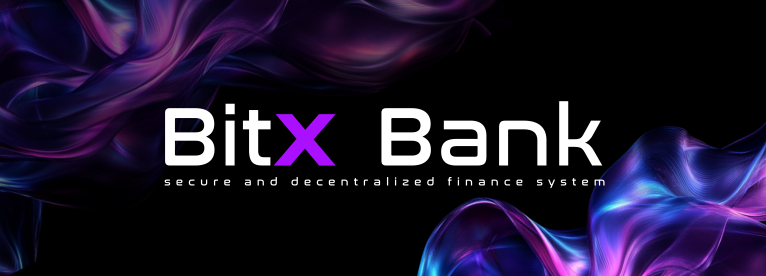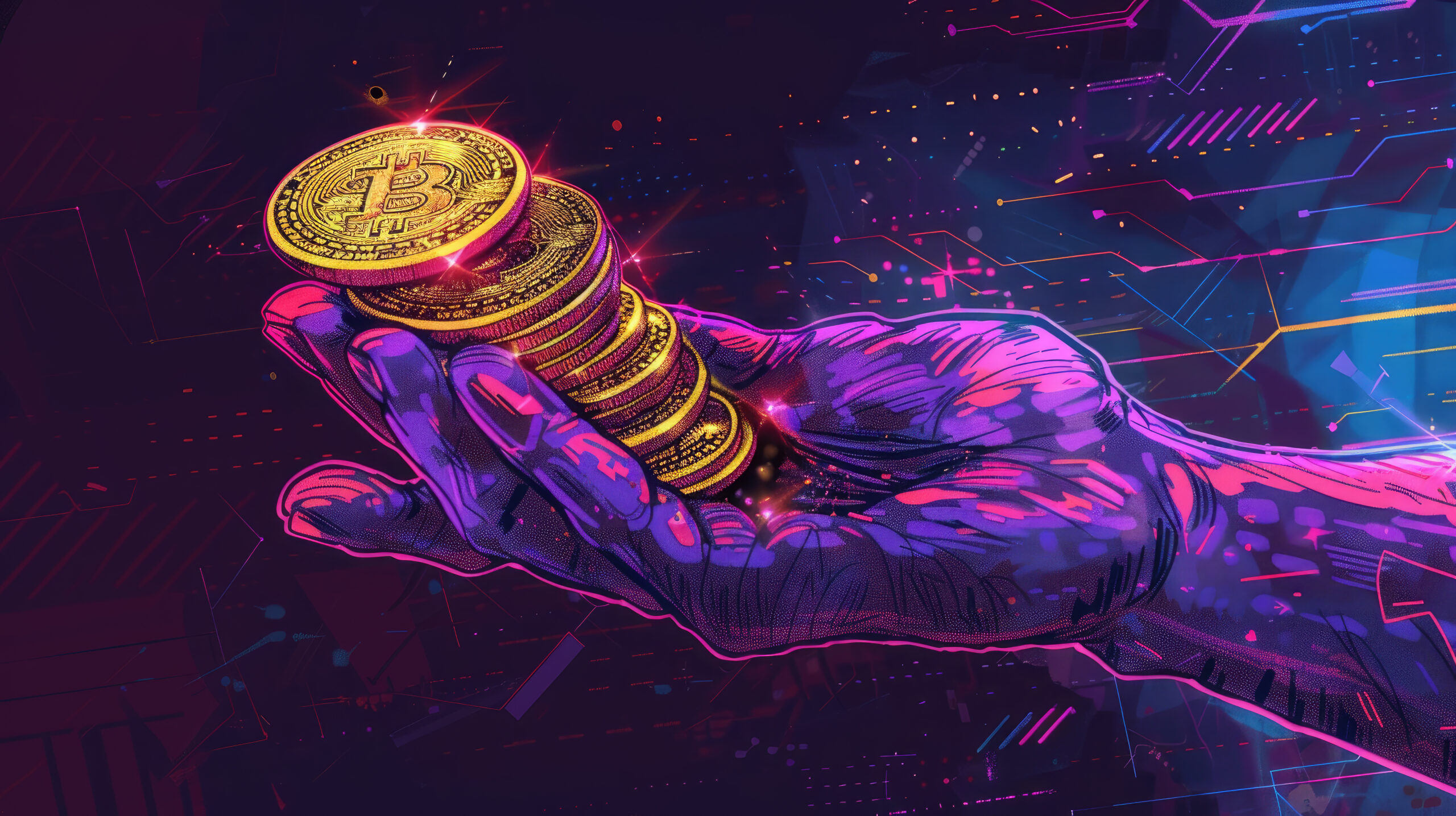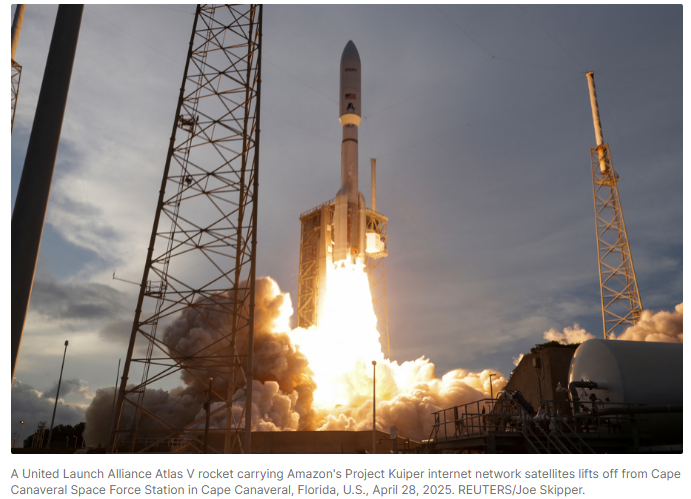The Negative Impacts of the Ban
Brazil, a leader in cryptocurrency adoption in Latin America, faces a critical moment with a proposed ban on decentralized stablecoins and restrictions on self-custody of digital assets. This measure, justified as a means to combat illicit activities, could have devastating consequences for financial innovation, economic inclusion, and the country’s competitiveness in the global market. Amid this challenging scenario, we explored solutions to this delicate issue and identified a U.S.-based startup offering groundbreaking products that counter the threats posed by bans on self-custody and decentralization. BitX Bank and XPay Wallet, developed by StartupX, a U.S. company opening doors to the world and to Brazilians, emerge as robust alternatives to preserve decentralization and empower users in the digital financial ecosystem. These platforms also offer an international card that enables seamless, autonomous, and decentralized portfolio management.
The Negative Impacts of the Ban
1. Stifling Financial Innovation
Stablecoins such as USDT, USDC, and the Brazilian BRL1 are vital tools for the crypto market. They enable fast transactions, reduce costs, and enhance liquidity across national and international exchanges. In 2024, stablecoins accounted for 26% of digital assets acquired in Brazil, surpassing Bitcoin. The BRL1 stablecoin, launched by Bitso, Foxbit, Mercado Bitcoin, and Cainvest, demonstrates how these currencies can bridge the crypto ecosystem with traditional finance, removing barriers and lowering costs. Banning decentralized stablecoins would suffocate initiatives like these, limiting the development of new financial products and driving innovative companies away from Brazil.
2. Risks to Investor Security
Restricting self-custody, which allows users to manage their assets in non-custodial wallets, would force investors to rely on centralized exchanges. These platforms, however, are vulnerable to cyberattacks and bankruptcies, as seen in the 2022 collapse of FTX, which resulted in billions of dollars in losses. Self-custody, by contrast, offers greater security, particularly with advanced encryption and autonomous recovery technologies. Prohibiting this practice not only undermines user autonomy but also exposes investors to unnecessary risks.
3. Market Concentration and Competitive Disadvantage
A ban on decentralized stablecoins could favor large banks, which are already planning to issue their own centralized digital currencies. For instance, Itaú Unibanco is considering launching a stablecoin, potentially consolidating control of the digital financial market in the hands of traditional institutions. This global trend has been criticized by experts like Caitlin Long, who warned against policies that prioritize banks over decentralized innovation. For Brazil, this would mean reduced financial diversity and a loss of competitiveness on the global stage, especially as countries like the U.S. advance toward balanced stablecoin regulation.
4. Harm to Financial Inclusion
Stablecoins and decentralized wallets have the potential to democratize access to financial services, particularly for the 16 million Brazilians without bank accounts. Banning these tools would limit financial inclusion, restricting access to affordable and accessible options for transfers, investments, and international payments. Moreover, reliance on centralized systems could increase costs for users, further excluding vulnerable populations.

BitX Bank and XPay Wallet: U.S. Solutions with Global Access for Brazilians
As U.S.-based companies, BitX Bank and XPay Wallet, developed by StartupX, provide Brazilians with access to cutting-edge decentralized financial services, delivering security, autonomy, and global reach. Both platforms offer an international card that allows users to manage their crypto portfolios seamlessly and decentrally, whether for purchases, withdrawals, or transfers, without relying on traditional banking systems. Here’s how these solutions can mitigate the negative impacts of the ban and boost Brazil’s crypto ecosystem.
BitX Bank: A Decentralized Multichain Bank
BitX Bank is a decentralized banking platform powered by smart contracts, eliminating intermediaries while ensuring transparency and security. Integrated with blockchains like BNB Smart Chain, Ethereum, Polygon, and Arbitrum, BitX provides a comprehensive infrastructure for digital asset management, including:
- Decentralized Collateralized Loans: Enables users to secure credit using crypto assets as collateral, with automated and transparent management.
- Secure Crypto Custody: Offers smart vaults for asset storage with full blockchain traceability.
- Multichain Liquidity: Supports a wide range of cryptocurrencies and stablecoins, facilitating cross-network transactions.
- Risk and Position Dashboard: Delivers real-time financial health alerts and collateralization ratio calculations.
- Oracle Integration: Ensures accurate market prices for financial operations.
- International Card: Allows Brazilians to use their digital assets in global transactions with instant fiat conversion, ensuring autonomy and flexibility.
With its modular and scalable architecture, BitX Bank is ideal for individual users, businesses, and DeFi protocols seeking autonomy and efficiency. As a U.S.-based solution accessible to Brazilians, it serves as an alternative financial hub, preserving the essence of decentralization even in the face of a stablecoin ban.

XPay Wallet: Control and Security at Your Fingertips
XPay Wallet is a high-performance digital wallet designed to provide full control over assets and digital identity. As a U.S.-based solution, it grants Brazilians access to a global infrastructure with advanced features, including:
- Intelligent Security Layer: Combines two-factor authentication (2FA), device whitelisting, adaptive identity validation, and local encryption to safeguard assets.
- Multichain Compatibility: Supports networks like Ethereum, BNB Smart Chain, and Polygon, enabling unified management of cryptocurrencies and tokens.
- Direct Crypto Purchases: Integrates smart contracts and payment services for quick asset acquisition using USDT, ETH, BNB, and other currencies.
- Dynamic Control Panel: Provides a clear, real-time view of balances, transactions, and financial products.
- Intelligent Flow Protection: Monitors usage patterns and applies dynamic security policies based on context and location.
- International Card: Simplifies portfolio management for global purchases and withdrawals, allowing Brazilians to use their crypto assets with ease and autonomy.
XPay Wallet directly addresses the risks of relying on centralized wallets. Its autonomous recovery technology and anti-phishing protections ensure users retain control over their assets, even in a restrictive regulatory environment.

Ideal Solutions
As U.S.-based companies, BitX Bank and XPay Wallet provide Brazilians with access to state-of-the-art financial technologies backed by a reliable global infrastructure. The international card integrated into both platforms enables users to manage their portfolios decentrally, whether for in-store payments, online purchases, or ATM withdrawals, free from the constraints of traditional banking systems. Designed with decentralization, security, and usability in mind, these solutions meet the demands of a rapidly evolving crypto market.
Their integration with multiple blockchains and compatibility with stablecoins ensure that BitX Bank and XPay Wallet are future-proof, capable of adapting to regulatory and technological changes.
A Call for Balanced Regulation
A ban on decentralized stablecoins and self-custody would be a setback for Brazil, undermining innovation, investor security, and financial inclusion. Instead of restrictive measures, the country should pursue balanced regulation that protects consumers without stifling the crypto market’s potential. Solutions like BitX Bank and XPay Wallet, U.S.-based companies offering Brazilians global access and an international card, demonstrate that security, compliance, and decentralization can coexist, positioning Brazil as a leader in the digital financial revolution.







